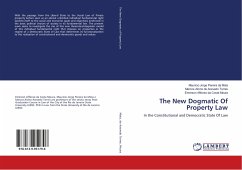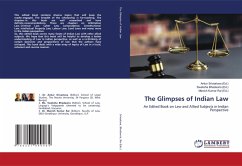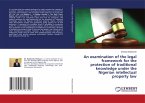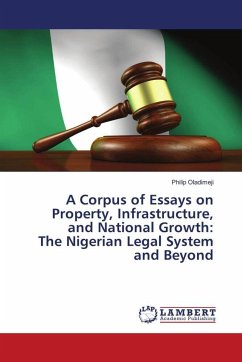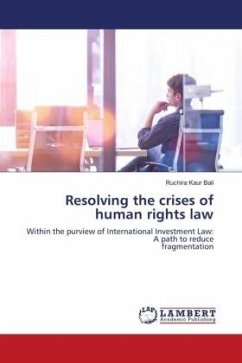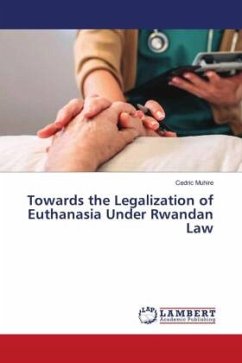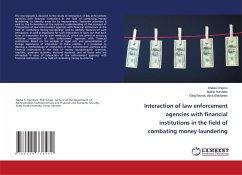With the passage from the Liberal State to the Social Law of Private property before seen as an almost unlimited individual fundamental right submits itself to the social and economic goals and objectives enshrined in the basic political choices of society in its fundamental law. The present work seeks to investigate the rise of this new theoretical-dogmatic model of this individual fundamental right that imposes on properties in the regime of a Democratic State of Law that determines its functionalization to the realization of constitutional and democratic goods and values.
Bitte wählen Sie Ihr Anliegen aus.
Rechnungen
Retourenschein anfordern
Bestellstatus
Storno

